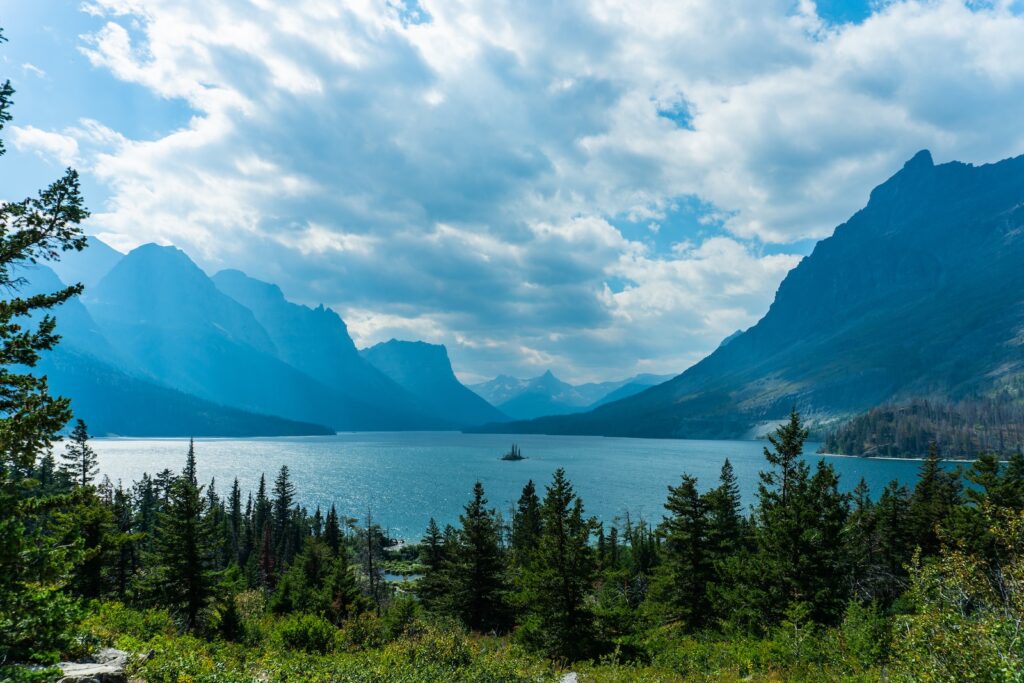Is ‘Youth v Montana’ climate court ruling really a landmark?
16 young US plaintiffs have won a major case against their state’s government for ecological negligence, which some believe could pave the way for more litigation victories.
Described by their legal representatives as a ‘game-changer’, the claimants brought action against the government of Montana for violating their right to a healthy environment.
In total, 16 claimants aged between five and 22 years old were involved in the case. Their team made the argument that pro-fossil fuel policies contributed to climate change, in turn damaging the natural world they live in. Hearings in June involved testimonies that authorities had not met their responsibilities to guarantee a ‘clean and healthy’ environment.
Judge Kathy Seeley presided over the case and ruled in favour of the youth collective on Monday 14th August. A key factor in the decision was the perceived prohibition of government agencies from considering climate impacts when assessing the impact of energy sector permits. The Montana Environmental Policy Act (MEPA) bars climate change impact from being considered for such projects. This was described as ‘unconstitutional’ by the judge.
The Montana case is far from the first legal action of this kind in the US, but it is the first in the country’s history to make it to court hearing, let alone result in a verdict that sides with climate activists. The state had attempted to claim a 2023 MEPA amendment rendered the lawsuit moot, but this was thrown our by Seeley. She also ruled that another of Montana’s policies introduced this year, which was designed to limit the parameters around which groups can sue the government for environmental decisions, as unconstitutional.
Many believe this will now set a precedent for more, with several other states currently employing similar legislation, effectively preventing due diligence from being conducted when planning new infrastructure with potentially significant emissions levels and other climate impacts. While this remains to be seen, Environment Journal has already identified a growing prevalence, and success rates, of climate litigation over the last decade.
A key victory for the plaintiffs in the Montana case is winning a court ruling despite recently enacted legislation that was intended to protect policymakers, and their policies, despite clear shortcomings. This alone could be used to argue that similar regulations are effectively illegal in other parts of the country, which could have far-reaching ramifications, and has already sent a clear message that ‘climate exception’ at a governmental level is not acceptable.
A further four youth-led constitutional climate lawsuits are currently pending, which are also being brought by Our Children’s Trust. This includes new action announced last week by Hawaiian plaintiffs following intense wildfires on Maui which, at the time of writing, had claimed at least 99 lives and wiped some towns off the map.
‘Montana’s GHG emissions cause and contribute to climate change and plaintiffs’ injuries and reduce the opportunity to alleviate Plaintiffs’ injuries,’ Seeley wrote in her 103-page court order, going on to add that with every ton of polluting gas entering the atmosphere, the impact ‘will grow increasingly severe and irreversible without science-based actions to address climate change.
‘By prohibiting consideration of climate change, [greenhouse gas] emissions, and how additional GHG emissions will contribute to climate change or be consistent with the Montana constitution, the MEPA limitation violates plaintiffs’ right to a clean and healthful environment,’ she continued.
The order was labelled by Michael Gerrard, founder of Columbia’s Sabin Center for Climate Change Law, as ‘the strongest decision on climate change ever issued by any court’. Montana has 60 days to consider an appeal.
More climate law and litigaton:
UK Government faces court action over climate inaction, again
Giving rivers and communities a voice: Environmental Law Foundation
US insurance giants close California homeowner applications, wildfires blamed
Image: David Morris

















